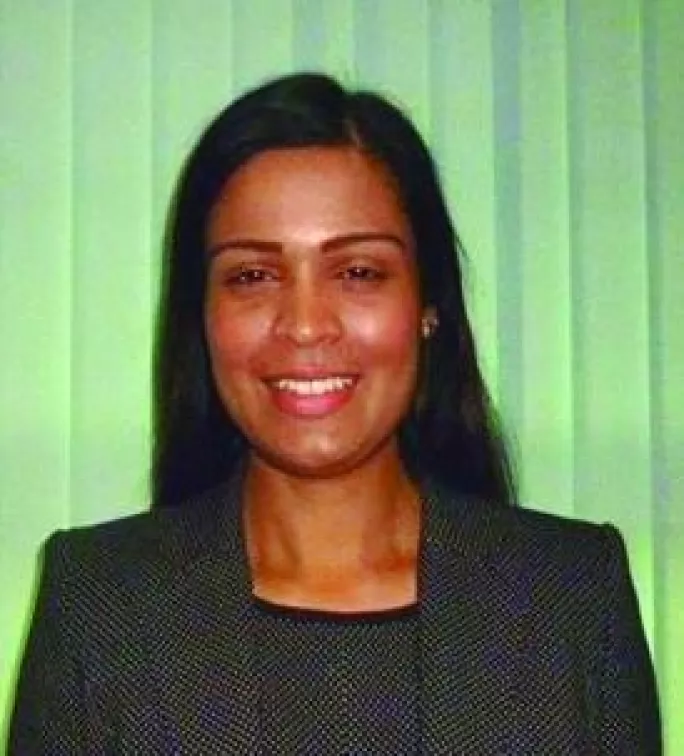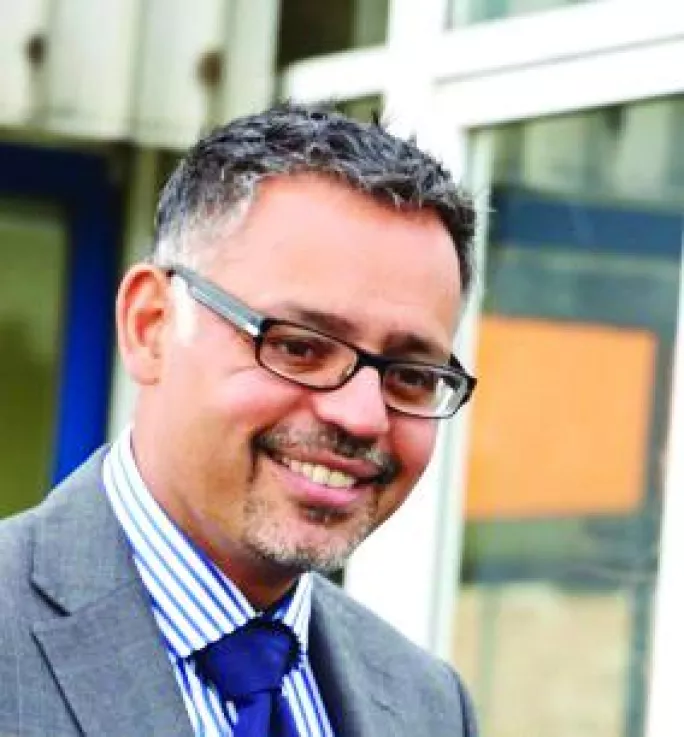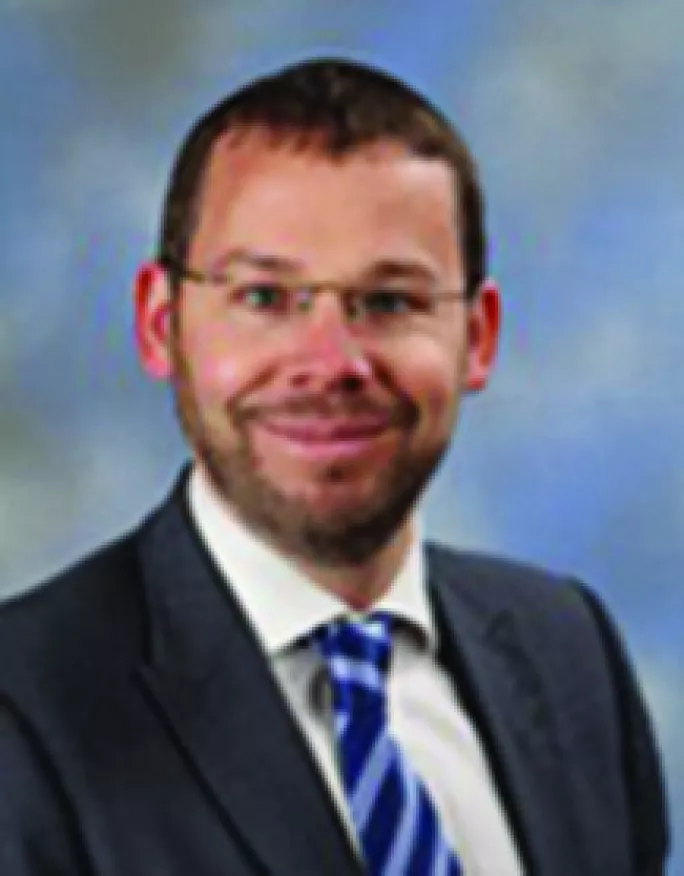If you really want to inspire pupils, meet their parents

Most parents don’t play international football or lead millions of oppressed people to overcome injustice - but they are still the most inspiring people in their children’s lives.
A survey for The Future Leaders Trust, which trains teachers to head schools in disadvantaged areas, asked 7- to 18-year-olds to name their biggest inspiration.
Superstar footballer Cristiano Ronaldo was the single most-named individual celebrity - cited by 6.4 per cent of pupils - and finished above Martin Luther King, Muhammad Ali, Lionel Messi and Nelson Mandela.
But they all trailed well behind children’s own parents, with 34 per cent naming their mother among their top three most inspiring people, and 22 per cent naming their father.
Broaden their aspirations
Now Future Leaders wants to encourage headteachers to make the most of that inspiration and become more engaged with parents to improve education. “We believe that when children are inspired, they are more likely to achieve,” said James Toop, who will become the charity’s next chief executive officer later this year. “This survey’s findings highlight the need for parents and teachers to work together to inspire students and broaden their aspirations for the future.”
The trust is now calling on school leaders to work more closely with parents to help inspire their students. Here, three headteachers trained by the charity explain how they do it:
Rimah Aasim, headteacher, Worth Valley Primary in Keighley, West Yorkshire

“Parents and carers are the biggest ingredient in getting it right with children,” she said. “They’re their first educators, so schools have to work in partnership with them or the results for children simply won’t happen.”
Initiatives that she has introduced include:
- Courses for parents on subjects ranging from support for autistic children, improving behaviour and adult maths and English.
- Regular communication. “I call home, send postcards, meet them in the playground.”
- Inviting parents into school whenever a child reaches an attendance target and letting their child present them with a prize.
- Providing cooking classes for parents and children to attend together.
Ms Aasim recognises that some parents are harder to engage than others - she has worked to reach these families by offering support on issues such as bereavement and attendance, and there is a weekly meeting with staff to identify families who might need help.
“We do phone calls, home visits and I give families food if they need it,” she said. “For some, it’s just about knowing what their issues are and pointing them in the right direction. “Sometimes they just don’t know how to get help and they’re afraid to ask. We need to make it clear that we’re always here for them.”
“Two weeks before I took up the post, I invited parents in to talk to me about the issues they had with the school, and what they wanted to change.
“It was a great way to kick-start my relationship with them, and for them to feel involved in the school, and that their views were important and mattered to me.”
Craig D’Cunha, principal, Chantry Academy, Ipswich

“Having a personal contact with parents is really important,” he said. “Secondary schools can be seen to be quite faceless places. There isn’t one point of contact for students and parents like there is in primary schools.”
Many parents at Chantry had not had a positive experience of education themselves, and so Mr D’Cunha felt it was important to go out to the community rather than wait for people to come in.
A parents’ forum, which has 45 members, was formed. It has helped the school redesign its website to make it easier to use and held meetings outside school.
“Soon after I arrived, we [the parents’ forum] had an evening at the pub, to encourage parents to attend who would never normally come in to school for a parents’ evening,” said Mr D’Cunha. “We took some laptops, and members of the parents’ forum showed them how to track their children’s homework online and chatted to them about what’s going on at the school. Some of them now come to parents’ evenings.”
The work put in by the school to build relationships has paid off, with 95 per cent of parents now saying on the Ofsted’s Parent View survey that they would recommend the school to someone else, compared with just 30 per cent a year ago.
But Mr D’Cunha is not satisfied: “The school should be at the heart of the community, but I don’t think Chantry Academy is quite there yet…we’re planning adult numeracy and literacy evening classes, which will help to make the school part of the central community.”
Sebastien Chapleau, headteacher, La Fontaine Academy

For Dr Chapleau, working with parents will help children to do better in their education, but it is about more than that.
“We feel we have a duty to ensure we build a community ‘as it should be’,” he said. “That is, a community where respect and collaboration are integral parts of our daily practices.
“The argument is simple: if we want to live in a world where people are at peace, we have to lead by example. If a small community such as ours (currently about 150 families) cannot establish bonds between all, how can we expect the world at large to do it?”
The methods used at La Fontaine Academy, which has a focus on language learning, include workshops for Reception families, where they can join in with their children’s learning, and coffee-morning workshops, in which teachers share ideas with parents on practical activities that can be used at home - such as using “growth mindset” phrases.
But Dr Chapleau’s belief that schools should engage more with parents goes beyond just asking what parents can do for the school.
“I’d say that working with families should also lead teachers and school leaders to engage with issues that take place outside of our schools,” he said.
“What if a child’s family lives in an overcrowded flat? What if the majority of the children we teach don’t feel safe walking to and from school? What if most of the families we work with suffer from issues of unemployment?
“We ought to address that. Some of us already do, but we need to see more.”
You need a Tes subscription to read this article
Subscribe now to read this article and get other subscriber-only content:
- Unlimited access to all Tes magazine content
- Exclusive subscriber-only stories
- Award-winning email newsletters
Already a subscriber? Log in
You need a subscription to read this article
Subscribe now to read this article and get other subscriber-only content, including:
- Unlimited access to all Tes magazine content
- Exclusive subscriber-only stories
- Award-winning email newsletters